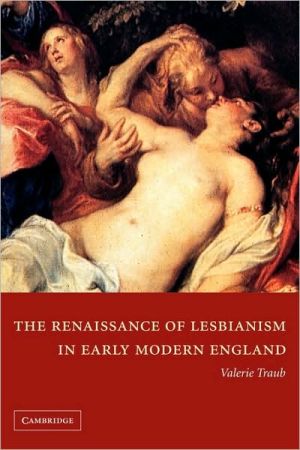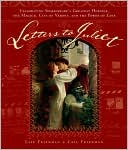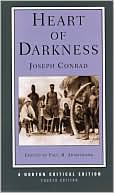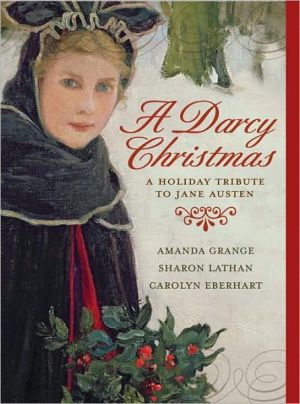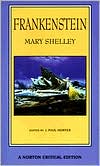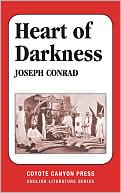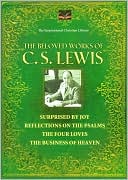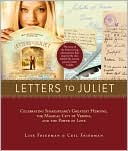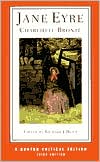The Renaissance of Lesbianism in Early Modern England
Valerie Traub analyzes the representation of female-female love, desire, and eroticism in a range of early modern discourses, including poetry, drama, visual arts, pornography, and medicine. Contrary to the silence ascribed to lesbianism in the Renaissance, Traub argues that the early modern period witnessed an unprecedented proliferation of representations of such desire. As a contribution to the history of sexuality and to feminist and queer theory, the book addresses current theoretical...
Search in google:
Traub analyzes the representation of female-female love and eroticism in early modern literature and drama.BooknewsDuring the early modern period, says Traub (English and women's studies, U. of Michigan-Ann Arbor) women's erotic desires for other women were considered improbable, implausible, insignificant, and all but impossible. However, they were also cultural practiced and represented in a variety of ways, though often within a logic that attempted to reinscribe their impossibility. Annotation c. Book News, Inc., Portland, OR (booknews.com)
List of illustrationsPrefaceAcknowledgmentsIntroduction: "practicing impossibilities"11Setting the stage behind the seen: performing lesbian history362"A certaine incredible excesse of pleasure": female orgasm, prosthetic pleasures, and the anatomical pudica773The politics of pleasure; or, queering Queen Elizabeth1254The (in)significance of lesbian desire1585The psychomorphology of the clitoris; or, the reemergence of the tribade in English culture1886Chaste femme love, mythological pastoral, and the perversion of lesbian desire2297"Friendship so curst": amor impossibilis, the homoerotic lament, and the nature of lesbian desire2768The quest for origins, erotic similitude, and the melancholy of lesbian identification326Afterword355Notes362Subject index472Name and title index480
\ BooknewsDuring the early modern period, says Traub (English and women's studies, U. of Michigan-Ann Arbor) women's erotic desires for other women were considered improbable, implausible, insignificant, and all but impossible. However, they were also cultural practiced and represented in a variety of ways, though often within a logic that attempted to reinscribe their impossibility. Annotation c. Book News, Inc., Portland, OR (booknews.com)\ \
